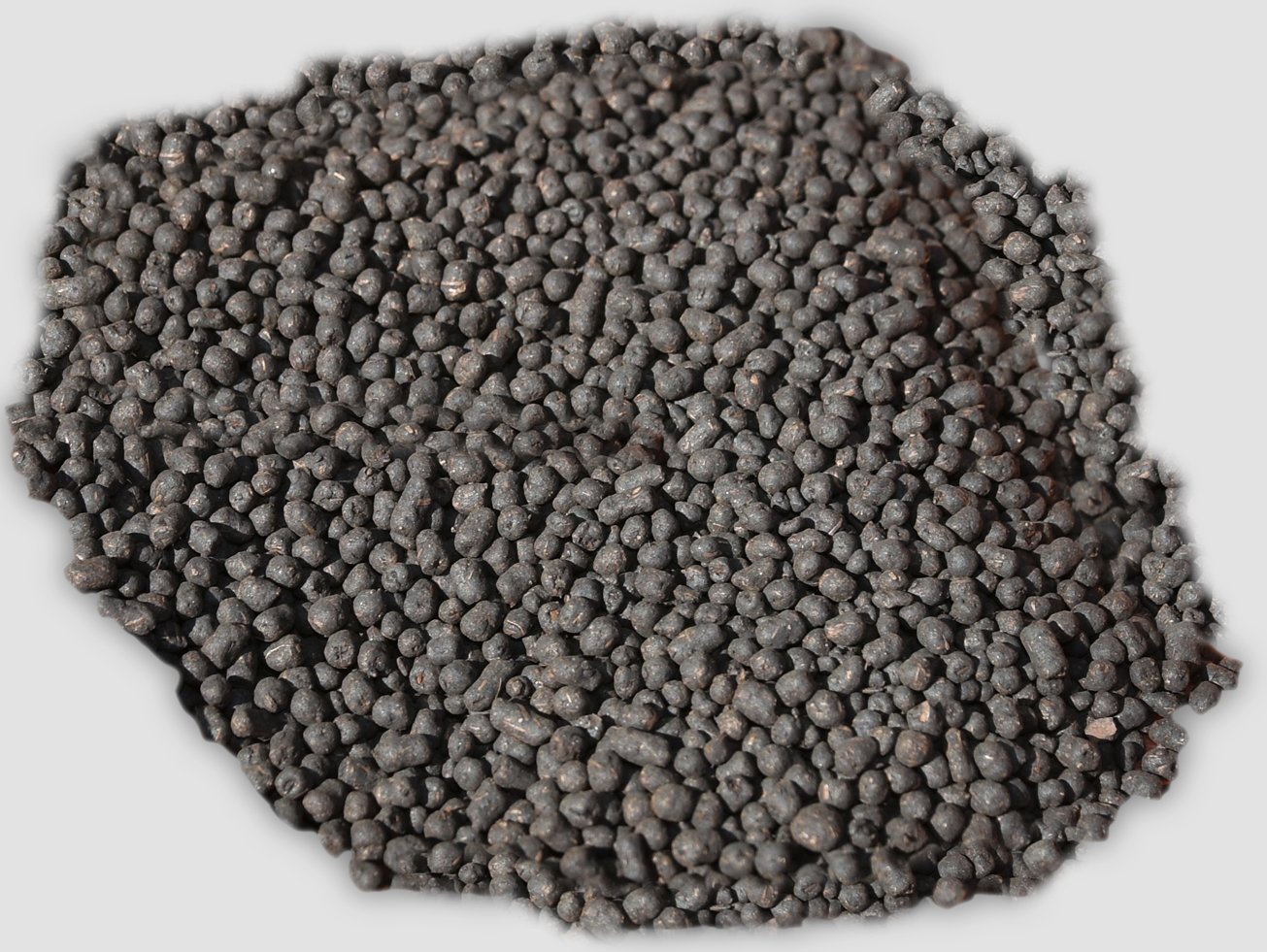C33 Carbon Granules
• Use through seeding machinery
• Improve nutrient uptake
• Apply with traditional fertilisers, alongside seed
• Increase water-holding capacity
• Enhance biological activity
• Available with lime and gypsum, as well as dolomite
The depletion of soil organic carbon in Western Australian agricultural soils has long been known to be a critical issue in the ongoing sustainability of cropping in Western Australia. Soils with low organic carbon are more prone to leaching applied nutrients and require more fertiliser.
Long term changes in cultivation have started to increase soil organic carbon in agricultural areas, however, additional carbon inputs are required to improve soils. Traditional composts have been poorly received in broadacre regions due to the volume required to make substantial changes and associated costs.
Also available with lime and gypsum, and dolomite
The granulised C33 product also is available in formulations with lime and gypsum (50% C33 granule and 50% lime/gypsum) and with dolomite (50% C33 granule and 50% dolomite).
What is it?
Carbon Ag Solutions has been working with local suppliers to develop a cost-effective way of incorporating organic carbon into current farming practices. C33 is a compost-derived granule designed to be used in broadacre cropping as a soil ameliorant.
Composts are manufactured by allowing microbial activity to break down waste products that would otherwise end up in landfill into a highly valued product with many agricultural uses. By compressing these composts into granulised forms, rather than their original bulky composition, they are then easier to transport and use for agricultural purposes.
How does it work?
Using C33 with traditional synthetic fertilisers allows it to be placed alongside the seed at seeding. This provides the germinating plant with better access to the nutrients supplied by the synthetic fertiliser. The soil supplied carbon also stores moisture and with higher biological activity than untreated soils, it creates greater:
Nutrient cycling
Water-holding capacity
Soil stability and biological activity.
Increasing biological activity in the soil allows for greater breakdown of crop residues, improves soil structure, helps to retain water quality by filtering nutrients, and improves regulation of nutrient supply to the plant.
Other benefits of C33
It is generally accepted that a high biodiversity is indicative of a healthy soil, so the more microbial species that are present, the healthier the soil. The microbial diversity of compost was assessed for the C33 product. The total number of operational taxonomic units was 396, which is relatively low compared to soils (usually 600 to 800 OTUs), but it included high numbers of potentially plant-beneficial bacteria such as Actinobacteria and Firmicutes.




